- Home
- Market
- AYURVEDA
- Massage & Aroma
- Essential Oils
- Essential Oil: Lavender 10ml
Essential Oil: Lavender 10ml
Description

Blend
Lavender oil blends well with many other essential oils including cedarwood, pine, clary sage, geranium, and nutmeg.
Health Benefits
Lavender oil is widely used for various respiratory proble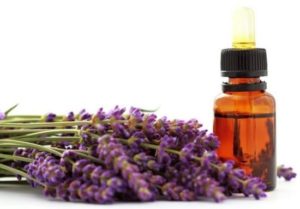
Warning
Although not commonly considered an allergenic substance, if you are susceptible from allergens in the mint family, you could experience negative side effects from lavender as well. These are usually mild in nature and include headaches, constipation, and increased appetite, while topical application can cause mild irritation and redness.
As with many other essential oils, pregnant and breastfeeding women should avoid using lavender essential oil. It is also recommended that patients with diabetes stay away from lavender oil. It may also cause allergic reactions to people that have unusually sensitive skin. Some people may also witness nausea, vomiting and headaches due to either common or excessive use of lavender oil.
Perhaps most importantly, lavender oil should never be ingested, only topically applied or inhaled through means of aromatherapy or similar activities. Ingestion can cause serious health complications, characterized by blurred vision, difficult breathing, burning eyes, vomiting, and diarrhea.
The above description exists for the sole purpose of education and Self-Awareness and should in no way, explicitly or implicitly, be taken as an endorsement of this or any of the products offered by our partners herein. Statements contained in product explanations have not been evaluated by either the Food and Drug Administration nor the Ministry of Health, Labor and Welfare. The products herein are not intended to treat, cure, mitigate or prevent any disease. Please consult first with your primary health-care consultant or doctor before purchasing any health-care product to determine if the product is appropriate for you.
You may also like…
-
Select options This product has multiple variants. The options may be chosen on the product page
Biotique Basil & Sandalwood Talcum Powder 180g
A cooling, pampering blend of pure basil, margosa, and red sandalwood extracts, help brighten body skin, keeping it fresher and drier all day. Absorbs wetness and blocks odor. Leaves body skin silky-soft to the touch. Ingredients: Neem (Azadirachta indica), Manjistha (Rubia cordifolia), Makka (Zea mays), Tulsi (Ocimum sanctum), Rakt Chandan (Pterocarpus santalinus), Chandan (santalum album), Yasad$15.00 -
Select options This product has multiple variants. The options may be chosen on the product page
Gopala Sesame Oil (200ml) – 100% Certified Organic
100% CERTIFIED ORGANIC SESAME Oil 200ml Sesame oil is the classic Ayurvedic massage oil for reducing Vata and nourishing the nervous system. It is high in oleic and linoleic acids. It’s a source of vitamin E, magnesium, copper, calcium, iron, zinc and vitamin B6. Sesame oil has a high percentage of polyunsaturated fatty acidsand one$23.00 -
Select options This product has multiple variants. The options may be chosen on the product page
Mysore Sandalwood Soap 75g
Manufactured by Karnataka Soaps and Detergents Limited, a company owned by the Government of Karnataka in India. This soap has been manufactured since 1916 when the king of Mysore set up the Government Soap Factory in Bangalore. The main motivation for setting up the factory was the excessive sandalwood reserves that the Mysore Kingdom had$6.00
Related products
-
Select options This product has multiple variants. The options may be chosen on the product page
Essential Oil: Tea Tree 10ml
Tea Tree Oil (Melaleuca alternifolia) Tea tree oil (TTO), also called melaleuca oil, is made from the leaves of the tea tree plant (Melaleuca alternifolia), a member of the myrtle tree family, which is native to Australia. The name was coined by British explorer Lieutenant James Cook in the 1770s, when he saw native Australians$15.00 -
Select options This product has multiple variants. The options may be chosen on the product page
Essential Oil: Rosemary 10ml
Rosemary oil is one of the most popular essential oils for its wide array of health benefits. It has become increasingly important and popular over the years as more of its various health benefits have become understood, including its ability to stimulate hair growth, boost mental activity, relieve respiratory problems and reduce pain. Rosemary, also$15.00 -
Select options This product has multiple variants. The options may be chosen on the product page
Himalaya Complete Care Toothpaste 100g
$9.00[:en]Himalaya’s Complete Care toothpaste, with its rare selection of herbal ingredients, has been specially developed to make teeth and gums strong. Toothache Tree, found in the valley of the subtropical Himalayas, is excellent for bleeding gums. This lemony scented tree has been used in home remedies around the world to relieve toothaches. Neem and Pomegranate in Complete Care toothpaste fight germs and give your teeth all-day protection.[:ja]
Himalaya’s Complete Care toothpaste, with its rare selection of herbal ingredients, has been specially developed to make teeth and gums strong. Toothache Tree, found in the valley of the subtropical Himalayas, is excellent for bleeding gums. This lemony scented tree has been used in home remedies around the world to relieve toothaches. Neem and Pomegranate in Complete Care toothpaste fight germs and give your teeth all-day protection.
[:]

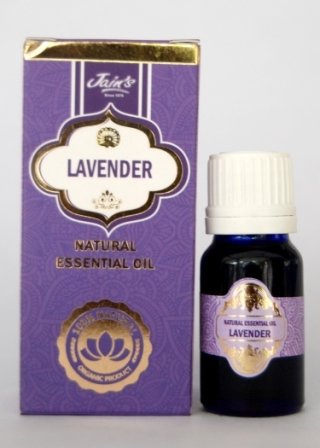
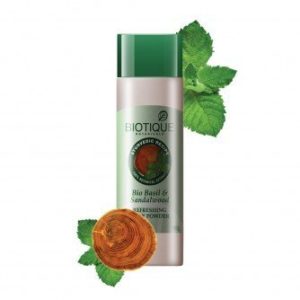

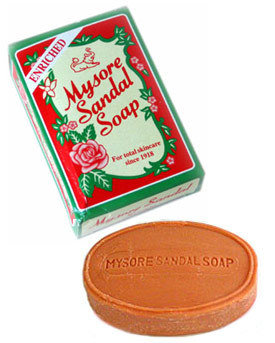

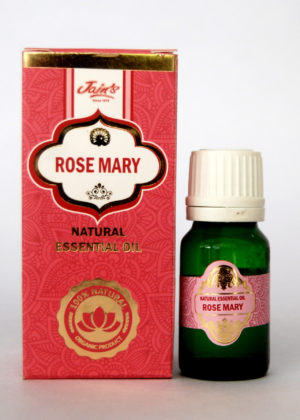


Reviews
There are no reviews yet.